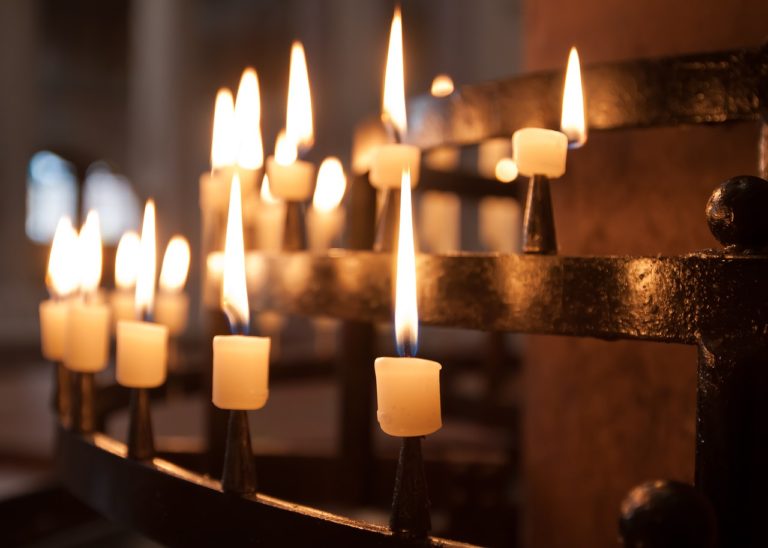The tragic loss of life we faced during global coronavirus pandemic
If your loved one’s death was sudden, grief can manifest as psychological trauma or PTSD. The sadness of losing someone you love never goes away completely. If you aren’t feeling better over time, or your grief is getting worse, it may be a sign that your grief has developed into a more serious problem, such as complicated grief or major depression.
Intense longing and yearning for your deceased loved one, denial of the death or sense of disbelief, feelings of hopelessness or worthlessness, difficulty in day-to-day life, unable to function well at home work, imagining that your loved one is alive, slow speech and movement, feeling numb and disconnected from others, feeling like life isn’t worth living…are the symptoms of your grief.
It takes time for healing and to accept the reality of the loss and to work through the pain of grief to adjust to a life without the deceased. If the pain of the loss is so constant and severe, it is called complicated grief – an intense state of mourning which in turn results in a feeling that life is empty or meaningless and there is intense longing and yearning for your deceased loved one. It disrupts your daily routine and undermines your other relationships. But with the right guidance, you can make healing changes and move on with your life.
Please take care of yourself as you grieve…. Look after your physical health, eat- right, exercise and sleep well, try to maintain your hobbies and interests. Turn to friends and family members - express your feelings, join a support group. When grief doesn’t go away - seek professional help…
Dr. Nancy Kurian
The Wellness Architect
Founder and Managing Director Golden Threads

